When I teach meditation, I describe the practice as honest yet gentle. We must take an honest look at ourselves, not turning away from difficult emotions or painful habits. We must also be gentle, returning again and again—with tenderness—to the present moment. If we bring only honesty, meditation becomes another way to criticize ourselves. If we bring only gentleness, we never see the truth of our experience.
The honest-yet-gentle approach applies to most of life: stay open, see clearly, be true; and in this process, treat yourself and others with kindness. When I feel irritable, it's because I lack gentleness. When I feel hollow, it's because I lack honesty. This balance is a practice. Honesty: I acted unkindly. Gentleness: Yes, you did; you're human; you can make amends and start over right now. Honesty: I wasn't mindful at all today. Gentleness: Okay, but you noticed; it's great that you noticed; you can sit in meditation, right now, for 5 minutes.
In my gap year between academia and mindfulness teaching, I noticed a similar balance: be bold yet be patient. It's important that I move forward, that I grow. But this forward motion can move too quickly, especially if my intentions aren't clear. At these times, my ego takes charge, and the best course of action is non-action. It's best to be patient--to pause until I find my center and my true intentions.
Yet if I'm too patient, I get stuck in a rut. I don't actually get done what needs to be done. In these lulls, it's helpful to be bold; to listen inward and take the needed steps, even in the face of fear.
The more I practice, the more I trust the process: boldness will announce itself and patience will respond. The conversation is rich and interesting, but only if I pay close attention. Only if I listen deeply.

